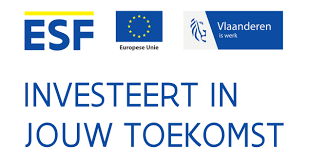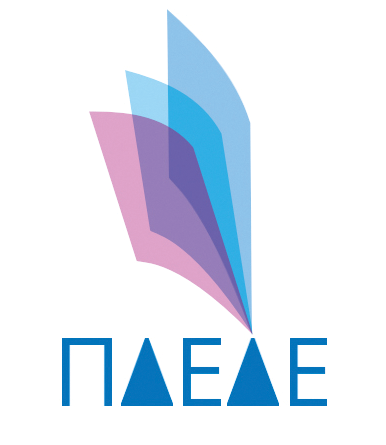Σας ενημερώνουμε για αίτημα Βελγικού φορέα για συνεργασία σε διακρατικό πρόγραμμα, χρηματοδοτούμενο από το Ευρωπαϊκό Κοινωνικό Ταμείο με θέμα “Η εφαρμογή του δυικού συστήματος μάθησης στις μεγάλες πόλεις σαν μέσο ενάντια στην ανεργία των νέων”.
Τα ΕΠΑ.Λ τα οποία επιθυμούν συνεργασία μπορούν να επικοινωνήσουν απευθείας με το φορέα του εξωτερικού στο karlien.winnenlinckx@syntraclaanderen.be.
Ακολουθεί το πρωτότυπο κείμενο:
REQUEST FOR INPUT:
TRANSNATIONAL PROJECT: “The implementation of dual learning in big cities as a means against youth unemployment” (supported by the European social fund – Flanders)
In the whole Europe, big cities are characterized by a greater percentage of youngsters that are jobseekers or even characterised as ‘Not in Education, nor Employment, nor Training’ or so-called “NEETs” – than rural areas. In this regard, Belgian big cities are no exception: in the capital Brussels the percentage of NEETs is higher than the European average. The two biggest cities of Flanders, Antwerp and Ghent, confirm the alarming tendency that especially big cities suffer from youth unemployment.
A proven way to tackle youth unemployment – and a way which is highly encouraged by the European Commission − is work based learning in VET (Vocational Education & Training). In this education system, a large part of the vocational competences are learnt ‘on the job’. Different degrees of work based learning exist, ‘dual learning’ being one of the most intensive forms in which youngsters receive more than 50% of their education at work. The dual learning system, on which this project will focus, has several advantages. First, it prepares the youngster for the labour market, gives him/her real work experience and he/she might receive a qualification by the end of his/her education. On the other hand, the system is also beneficial for the employers, as they can train future employees and give them the valuable skills needed for the job. Finally, society as a whole benefits from the dual learning system, as youth employment will increase.
Because of the specificities of big cities, the development and implementation of the system of dual learning requires an approach adapted to big cities. In this project, SYNTRA Vlaanderen (SVL from now on), which has received a major role from the Flemish Government in the new dual learning system as “manager” of the work component, wants to explore transnational best practices in ways of organising the dual learning system in big cities as a means to reduce the ratio of NEETs and thus to counter youth unemployment.
SYNTRA Vlaanderen is in search of good practices, targeting mentioned goals:
Specific topics:
• APPRENTICESHIP AIMING AT JOB SEEKERS/NEETS:
o Dual learning/apprenticeships included in trajectories for unemployed youth: in what way are jobseekers stimulated to take part in training schemes with workbased learning/ apprenticeships
o Dual learning/apprenticeships included in trajectories for NEET’s
o Dual learning/apprenticeships and drop-outs
• REGIONAL MANAGEMENT OF APPRENTICESHIPS:
o Projects to identify necessary professions and directions in a specific region,
o Role played by local governments in facilitating apprenticeships, networks between training/education-providers and employers
• PREPARATORY TRAJECTORIES
o Preparatory trajectories for students before entering Dual learning
• LANGUAGE SUPPORT/ DIVERSITY
o Attention to language support for students during their workbased learning
o Attention for diversity during workbased learning
Thank you for sending references to relevant projects in the different european regions to karlien.winnelinckx@syntravlaanderen.be
Προωθήτρια Ευρωπαϊκών Προγραμμάτων ΠΔΕ Δυτικής Ελλάδας
Σαρλή Έλενα












